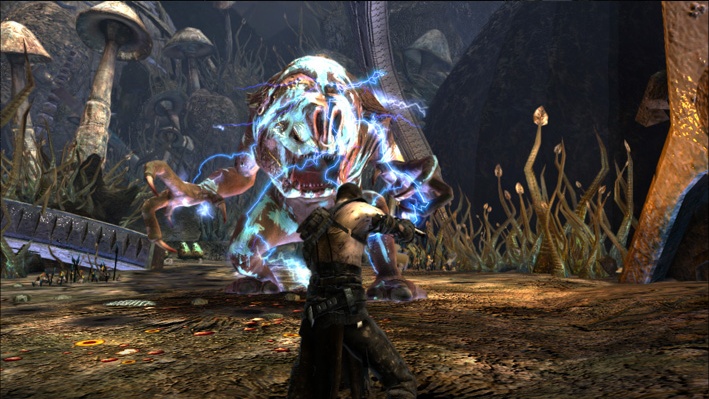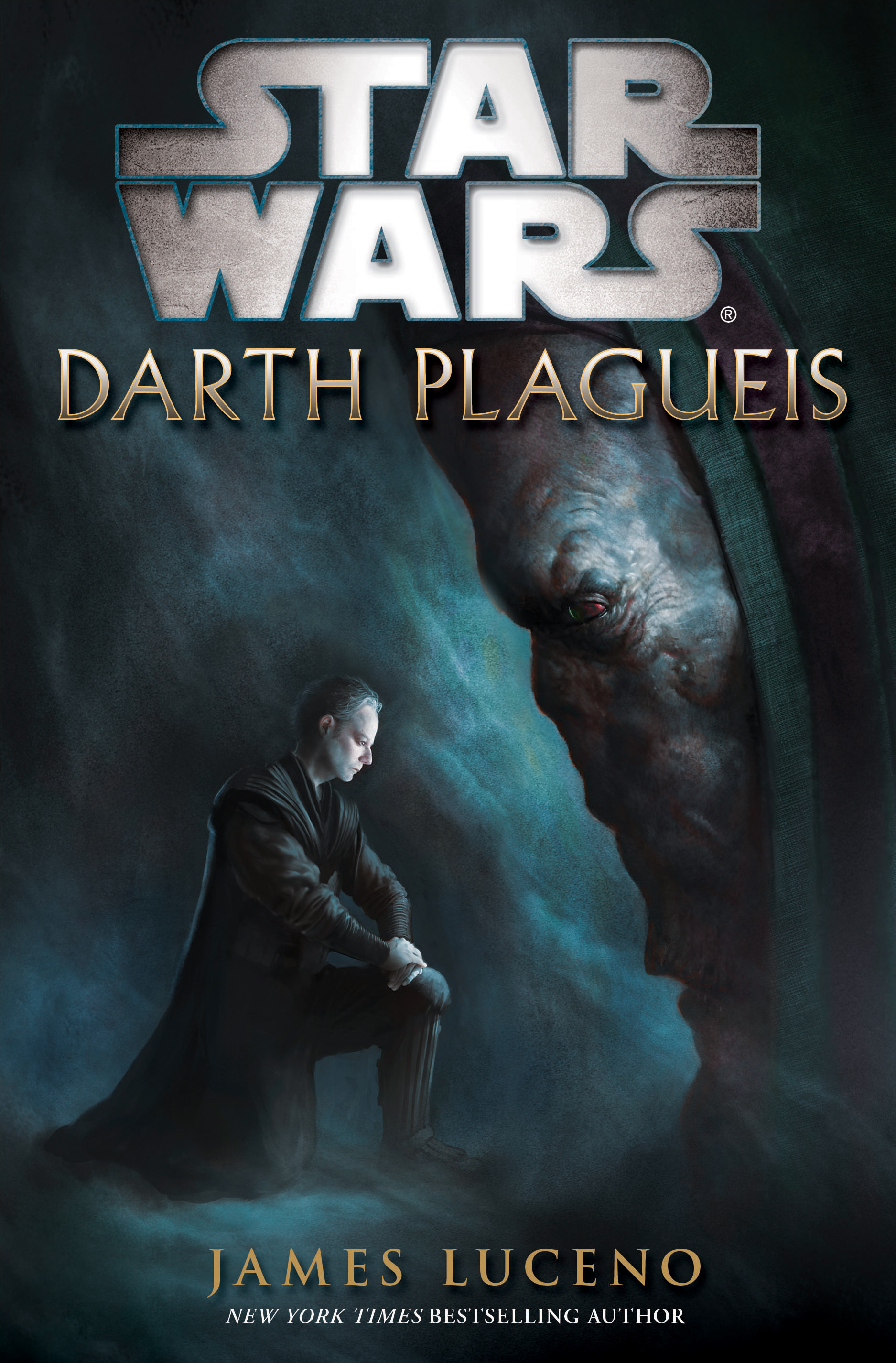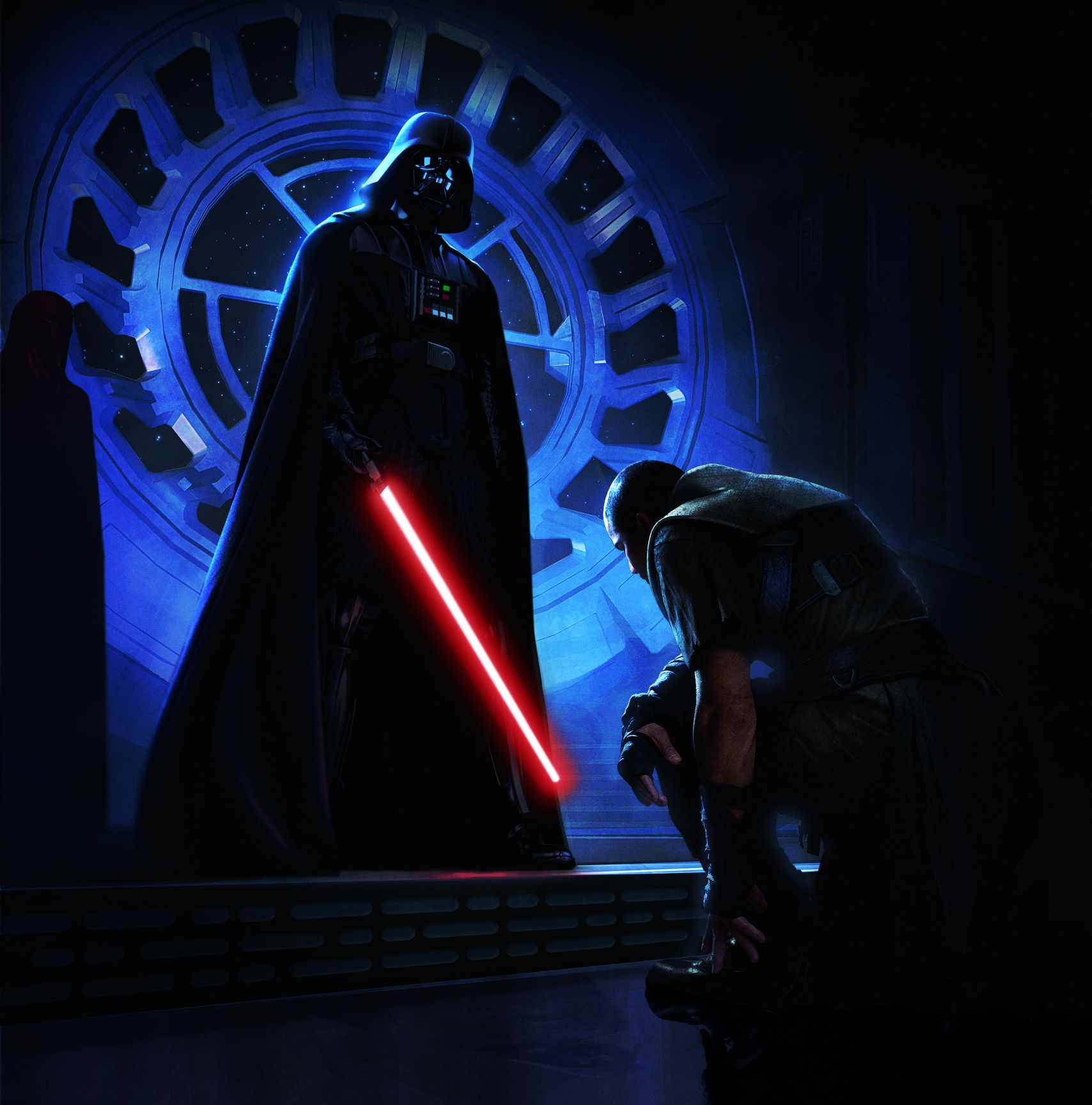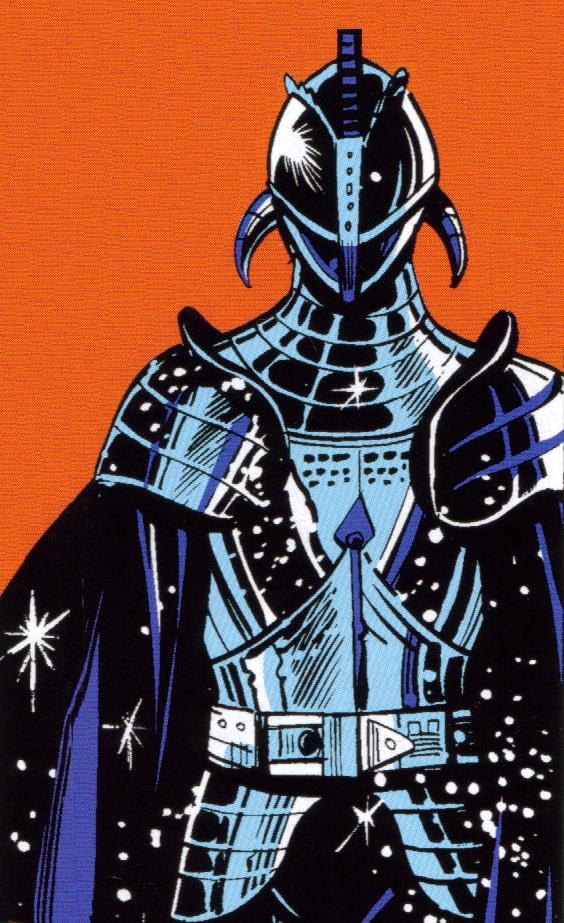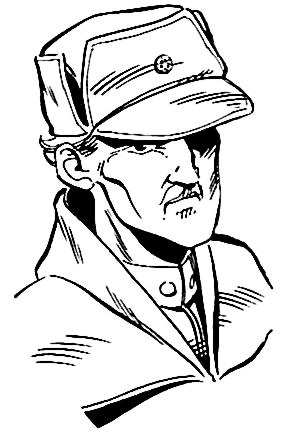Starkiller a.k.a Galen Marek is one of the most controversial figures of the Star Wars Expanded Universe. Introduced in
The Force Unleashed multimedia event, he proved extremely popular but numerous objections were raised to his inclusion in the canon due to the massive changes he was perceived as making.
As a fan of both Galen Marek and the greater Expanded Universe, I’d like to take a moment to discuss some of the more common controversies surrounding Starkiller and why I don’t think they’re as troublesome as some people are making them out to be. Take note this is all my opinion and while I will attempt to back up my claims with evidence from the greater Star Wars universe, whether or not he “fits” is largely a matter of opinion.
I hope you enjoy.
Controversy 1#: Starkiller as Darth Vader's apprentice breaks the Rule of Two. Some individuals are upset about the fact Starkiller is Darth Vader's apprentice. According to the Rule of Two, there's no way that Darth Vader should be training another Sith while Darth Sidious is still alive. This is despite the fact that Darth Vader and Sidious discuss training Luke Skywalker in the Empire Strikes Back. One could make an argument both Sidious and Vader knew one of them would die in order to make room for the Son of Skywalker, but that’s stretching things.
Anyway, the SWEU has already given Darth Vader a large number of apprentices. The most prominent of these is Shira Brie a.k.a Lumiya the Dark Lady of the Sith. First introduced in Marvel comics' Star Wars 65#, she was retconned into being Carnor Jax's Sith Master and the holder of Sith Lord King Adas' holocron. Eventually, she corrupted Jacen Solo to the Dark Side of the Force and was killed by Luke Skywalker on Terephon.
Lumiya wasn't the only apprentice of Darth Vader, either. In Star Wars Annual 3#, we discover a young Belderone human named Flint. An idealistic young man, Flint's mother was killed and he decided to become important. Flint was discovered by Darth Vader cradling his mother's body, the victim of a terrible accident. Lord Vader made the uncharacteristic decision to take Flint under his wing and teach him the ways of the Force.
Ultimately, Luke Skywalker redeemed Flint from the Dark Side and he was retconned as dying at the hands of Lumiya. Notably, Flint was important enough to warrant a visit to Luke by all three Endor Force Ghosts (Anakin, Yoda, and Ben Kenobi). He also wore armor similar to Darth Vader's own.
![]()
The list of Darth Vader's apprentices doesn't end there. The Procurator of Justice, Hethrir, was taught the secrets of the Dark Side of the Force by Darth Vader. Joining him was Hethrir's mate, Rillao, who resisted the lure of the Dark Side and became a Jedi Healer. The fact Darth Vader didn't kill her raises many questions. Did he believe he could corrupt her given enough time or did he want to punish her for his betrayal?
The Crystal Star, which introduced both, doesn’t address the issue.
![]()
The list is capped off by Star Wars adventure module,
Planet of the Mists, which introduces Vost Tyne. A former Imperial Admiral, he had a close friendship with Darth Vader, and instead of getting force-choked like Admiral Ozzel--ended up getting tutored in the ways of the Dark Side. Vost Tyne is notable for the fact he was allowed to resign his commission in the empire and retire to heading up a secret Imperial hyperbaride synthesis plant.
![]()
Having established the Dark Lord is no stranger to educating apprentices, Starkiller fits in neatly to the canon as the first of many. Having failed with Starkiller, it makes sense Darth Vader would educate more darksiders to replace him. It also speaks well to the Dark Lord he began plotting against his master almost immediately after rising to power in Revenge of the Sith.
But really, is Starkiller a Sith? That is questionable. Darth Bane said that was possible to educate individuals in the Force without making them true Sith or violating the Rule of the Two. Starkiller thinks Lord Vader is educating him for the purpose of overthrowing Palpatine but is he right? Starkiller never receives the title of Darth and his only confirmed Sith abilities are Force Lightning and training in their style of Shien.
On Corellia, Darth Vader says to Starkiller he intends to overthrow the Emperor but "not with you." Is it possible Starkiller is not Darth Vader's Shadow Hand? That he is merely muscle the Dark Lord is teaching the ways of the Force to make his position more convenient?
This is a question not answered by The Force Unleashed. There's evidence either way and it's possible Starkiller is merely a Dark Jedi or False Apprentice like Darth Maul is described as in the Darth Plagueis novel.
Even if Starkiller is a fully-educated Sith Lord, is this so bad? There's no indication Darth Maul was taught less than any other Sith other than Darth Sidious' reassurances to Darth Plagueis. Darth Maul certainly displays all the manipulation and intelligence expected of a Sith Lord in The Clone Wars.
Yet, Darth Maul was trained by Sidious while Plagueis was still alive and died only shortly thereafter. We also know Darth Tenebrous violated the Rule of Two by training Darth Veramis to replace Plagueis. Would Darth Vader be any less treacherous? Darth Sidious reacts to Starkiller's presence by forcing Vader to kill him. He reacted similarly to Dooku's training Ventress in the Sith arts. In short, it seems likely Palpatine was quite outraged at the violation of the Rule of Two—which is an appropriate response.
Controversy 2#: Starkiller's Force Powers are too strong One of the major complaints about Starkiller is his over-the-top Force abilities. People have said he's more powerful than Luke Skywalker, Darth Vader, and Obi Wan Kenobi. They claim Starkiller diminishes the role of Luke Skywalker and makes it questionable why Yoda considered the latter to be the Jedi's last hope.
Given Starkiller can defeat Luke Skywalker, Obi Wan Kenobi, and a fully-trained Jedi Leia in the non-canon The Force Unleashed DLC and lays low Darth Vader twice in the canon campaign, there is some degree of merit to this argument.
Yet, I disagree.
First, I'm not sure Starkillers' powers are as impressive as people maintain. Starkiller possesses the following abilities: Force Lightning, telekinesis, Force Push, the Jedi Mind-Trick, and the power to release a telekinetic burst of power in all directions. He is also trained in "Sith Shien" and, later, Jar'kai double-lightsaber combat. These are all abilities displayed by the Jedi Knights and Sith in the movies.
![]()
Starkiller mows through hundreds of Stormtroopers during
The Force Unleashed and
The Force Unleashed 2 but we see similar feats against droids during the Prequels. During the opening sequence of The Phantom Menace, Obi Wan Kenobi and Qui Gon Jinn easily tear through almost a dozen B-1 battle droids. While Stormtroopers are superior to battle droids, the difference isn't so much that were the Star Wars movies rated R instead of PG, we might not see our heroes slaying them in equal numbers.
Starkiller manages to defeat AT-STs in hand-to-hand combat as well as Rancors but the latter feat is replicated by Luke Skywalker in Return of the Jedi. We never see Starkiller fight an AT-AT and his defeat of the Gorog, a beast which defeats Rancors for breakfast, is done by dropping the repulsor arena they're located on down for literally miles. All of Starkiller's force powers are ineffective against it and he can't defeat the monster without trickery.
![]()
We've seen the Jedi and Sith both display incredible physical feats both in the Prequels as well as the Expanded Universe. Star Wars: Clone Wars, in particular, depicts the Jedi Knighthood displaying physical and Force-based feats far superior to Starkiller's own. Mace Windu, in particular, defeats an entire droid army during the Battle of Dantooine.
Knights of the Old Republic, one of the better-regarded video games in the Star Wars canon, has Darth Revan and two compatriots assault the Star Forge and face dozens of Dark Jedi Masters and Sith Lords they slaughter without difficulty. Kyle Katarn, a largely self-taught Jedi Knight, defeats seven Dark Jedi and their armies. His apprentice, Jaden Korr, defeats Dark Lord of the Sith Marka Ragnos while the latter is possessing Tavion.
However, these aren't the most common complaints about Starkiller. They are more upset about Starkiller's most well-known feats of pulling down a Star Destroyer and defeating Darth Vader. These are the two more controversial facts about Starkiller and should be addressed in their own separate sections.
Controversy 3#: Starkiller pulling down a Star Destroyer is dumb. In order to galvanize resistance against the Emperor, Starkiller is ordered by Darth Vader to attack Raxus Prime's shipyards. After using an ore cannon to destroy the shipyards, an Imperial Star Destroyer starts falling into the atmosphere and Starkiller is told by Jedi Master Rahm Kota to stop it with the Force.
Massive objects have been moved with the Force before. Yoda stated the only difference between moving rocks and an X-wing was in Luke's mind. The famous "Size matters not" quote is a statement about the infinite power of the Force. Neither midiclorians or an upper limit to the amount a person can lift is mentioned.
We get a demonstration of this with Dorsk 81, Khommite clone, who is never indicated to be anything special in the Force. However, infamously, he is able to summon the power of his fellow Jedi to drive away a fleet of Victory-class Star Destroyers. Naga Sadow destroyed suns with the Force, Darth Nihilus annihilated a Miralukan colony world, Darth Sidious destroyed much of the New Repuiblic fleet in Dark Empire with a Force storm, and Darth Vitiate eradicated an entire world with the power of the Dark Side.
Starkiller does none of this.
Instead, he merely manages to redirect the flight path of a Star Destroyer which is still partially in-flight. Given the Star Destroyer’s repulsors are still nominally working, this would actually be far easier than it appears. It is also an incredible test of Starkiller's abilities and requires him to draw on his love of Juno to achieve it. Cheesy as it sounds, the power of love as a channel for the Force is probably greater than hatred.
Controversy 4#: Starkiller defeating Darth Vader diminishes the films’ central villain. Perhaps the most egregious act in fanboys’’ eyes is the defeat of one of an iconic villain. Darth Vader is one of the most formidable bad guys in the history of cinema and any time he's defeated either in Expanded Universe material, people object. In the case of Starkiller, Galen Marek defeated Darth Vader not once but twice. Given Darth Vader is frequently given credit for destroying the Jedi Order, an act which we now know was mostly accomplished by the Empire's armies, this is terrible offense.
The first question we need to ask ourselves is: how formidable is Darth Vader, really? The answer is considerably so. While we don't know his exact count of Jedi killed; we do know he's defeated such Jedi Masters as Cin Drallig, Obi Wan Kenobi (who threw the fight to help Luke Skywalker escape), the Dark Woman, Roan Shryne, Axton Tredway, Jocasta Nu, Koffi Arana, and Hylon. He is also notable for slaying the resurrected Darth Maul during an encounter on Kalakar Six.
Darth Vader is not invincible, though. The comic Purge depicted Darth Vader needing to resort to trickery in order to defeat a cabal of Jedi bent on his death. Boba Fett was briefly able to fight him to a standstill in Boba Fett: Enemy of the Empire.
Possessed by Obi Wan Kenobi's ghost, Luke Skywalker defeated Darth Vader on Mimban in Splinter of the Mind's Eye. Luke Skywalker would eventually prove his superiority to his father on the Second Death Star, maiming him during their climatic ROTJ duel. Finally, no depiction of Darth Vader's combat prowess would be complete without Obi Wan Kenobi's crippling defeat of him on Mustafar.
Having established the Dark Lord's credentials, let us turn to Starkiller's less impressive ones. Starkiller has clearly been acting as Darth Vader's assassin for some time by the events of The Force Unleashed, enough that he has gone through several pilots before Juno Eclipse was assigned to him. Yet, it is only by the time of the game he is assigned to hunt down a Jedi Knight.
While Starkiller defeats Rahm Kota, he fails to kill him. He is more successful at killing lunatic Jedi Master Kazdan Paratus and Jedi High Councilwoman, Shaak-Ti. Later, Starkiller proves his skills by killing numerous Imperial Royal Guardsman and Shadow Guards. The latter which may or may not be the precursors to Emperor Palpatine's Sovereign Protectors (of which future Sith Lord and Emperor Carnor Jax was one).
Starkiller is certainly no slouch but he is the clear underdog in this contest. So, is it believable that he is able to defeat Darth Vader? As a fan of both the Dark Lord and Starkiller, I'm torn. I don't even like admitting Luke Skywalker defeated Darth Vader in Return of the Jedi. While one might argue Vader has fatherly feelings towards Starkiller, it's highly unlikely they're anything close to those he had for the child of his beloved Padme.
In fact, what only saves the first victory for me isn't Starkiller is powerful enough to defeat the Dark Lord. I don't believe he is. I think Starkiller could give his master an excellent workout, maybe even fight him to a standstill, but defeat him? No. I think, instead, Starkiller defeated Darth Vader's suit.
During
Evasive Action: Recruitment, Darth Vader faces down a number of Jedi Agricultural Corps members who have been selected for candidacy in the Imperial Inquisition. It is a pathetically one-sided contest but the future High Inquisitor Antinnis Tremayne attacks the controls on Darth Vader’s suit. This temporarily disables the Dark Lord.
Darth Vader’s suit being his Achilles Heel is borne out by Return of the Jedi where it is damage to his artificial lungs which finally kills the Dark Lord, not Palpatine’s Force Lightning. When Starkiller defeats Darth Vader during their battle on the first Death Star, it is the destruction of the Dark Lord’s helmet which disables him. While Darth Vader is able to get up after Emperor Palpatine “kills” Starkiller, he is clearly missing his breathing apparatus and probably needs immediate medical attention.
The second battles' gameplay implies Darth Vader learned his lesson from his first confrontation with Starkiller. The battle against the Dark Lord is significantly tougher with his armor more or less ignoring Starkiller's dual lightsabers, Force Lightning, and thrown objects. Vader is hit literally hundreds of time without problem and it's quite possible that he's improved his armor since their last confrontation.
Starkiller's victory over the Dark Lord only comes when Galen Marek thinks Vader has killed his one true love. Abandoning himself to the Dark Side of the Force, Starkiller proceeds to channel the electricity stored in Kamino's power towers to enhance his Force Lightning powers. You still have to use Galen's Dark Side and power-station enhanced electricity dozens of time in rapid succession in order to force Vader to his knees.
Even here, Starkiller's victory is questionable. Darth Vader's purpose on Kamino was not to kill Starkiller but corrupt him to the Dark Side. Having failed that objective but discovered Juno Eclipse is Starkiller's Achilles' Heel, it's entirely possible Darth Vader decided to surrender to the Rebellion as part of a larger plan.
The Dark Side ending to The Force Unleashed 2 reveals Darth Vader was in no real danger with a nearby loyal Starkiller clone ready to intervene. Given the complete inability of the Rebellion to hold someone as formidable as Darth Vader prisoner, it's highly likely the only result of his capture was the revelation of the Alliance’s Dantooine base. As Vader says in the ending, “As long as she [Juno Eclipse] lives, I will control you.” These are not the words of a beaten man.
Besides, we know Darth Vader escapes and resumes command of the Imperial military. In short, Starkiller achieves pyrrhic victories over Darth Vader. He is able to beat him but it is questionable how much of a triumph either of these battles was in the long run.
Controversy 5#: Starkiller’s role in the creation of the Rebellion diminishes its other founders. A major point of contention with The Force Unleashed is it retcons the foundation of the Alliance to a secret plot by Palpatine and Vader to lure out the Empire’s enemies. Starkiller gathers Bail Organa, Mon Mothma, Princess Leia, Rahm Kota, and Garm Bel Iblis together before convincing them to join together into an organized rebellion. The Rebellion is so impressed by Galen Marek's actions they choose to adopt his family crest as their symbol.
As much as Galen Marek deserves credit for his role in the foundation of the Rebellion, it should be noted his role is not quite as amazing as some fans have made it out to be. Likewise, the Sith shooting themselves in the foot is a frequent occurrence in canon.
Jan Dodonna was unwilling to join the Rebellion until assassins literally broke down his door. The Second Death Star was a trap conceived by Palpatine to destroy the Rebellion in a manner very similar to the action which created it. Heck, Luke only joined the Rebellion due to the murder of his Aunt and Uncle. As Princess Leia told Tarkin, "The more you tighten your grip, the more star systems will slip through your fingers."
It has been established in the Expanded Universe that Bail Organa, Mon Mothma, and Garm Bel Iblis were all heads of their own revolutionary movements beforehand. Rahm Kota was also head of a militia carrying out attacks against the Galactic Empire during this time period. In short, all four of them were already in open resistance against the Empire. They were not alone either as it the Alliance's chief benefit was uniting existing resistance against the Empire together. The Mon Calamari, Bothans, and Wookiees would eventually join in the struggle to liberate the galaxy.
The fact these individuals did not already get together may bother some fans but we have an established in-canon distrust between Garm Bel Iblis and Mon Mothma. All three were ostensibly Imperial Loyalists, so it's understandable why the three were hesitant to join together. The Delegation of 2000 was the last time Imperial Senators sought to resist Palpatine and it proved to be a disaster.
Even so, Bail Organa tells Starkiller he's got friends he could gather together for their resistance and was already working with Rahm Kota. In short, the Rebellion was well on its way into being formed. Starkiller merely made things considerably easier by destroying the shipyards at Raxus Prime and rescuing them from imprisonment on the first Death Star.
As for the symbol of the Rebellion being Galen Marek's family seal, it is notable the Alliance Firebird bears a strong resemblance to several already famous symbols. The Jedi Order symbol, the Jedi-Republic Symbol during the Great Galactic War, and the crest of Adar Tallon all bear similarities to the Marek family crest.
![]()
![]()
![]()
In short, it's an already famous symbol. Leia is less devoting their flag to Galen Marek in particular than honoring him by taking up the equivalent of an eagle from his family heraldry. People in the galaxy would get the symbolism even if they had no idea who Galen Marek was.
Controversy 6#: Luke vs. Galen – Why do we need both? This is a final complaint about Galen Marek. Having been created as an "Anti-Luke" or what would have happened if Darth Vader had corrupted his son to the Dark Side, Starkiller has a great deal of similarity to the Son of Skywalker. Galen Marek is Darth Vader's adoptive son if you are sufficiently twisted enough to consider Sith apprenticeship a form of fatherhood. Certainly, Starkiller considers Darth Vader to be his archenemy and manages to inflict massive damage on the Empire during his rebellion. With Galen Marek a canonical character, why wouldn't the Rebellion have him teach Luke Skywalker the ways of the Force? Why wouldn't they team up and destroy the Dark Lord? The original game answered this question by killing Galen Marek but The Force Unleashed 2 brought him back.
My response to that is "a story untold is not a story by itself." It's still some time before the events of A New Hope and anything could happen in the meantime. Starkiller could lose the Force, be killed (again), end up imprisoned in carbonite, or simply choose to abandon the Rebellion.
In
The Force Unleashed 2, he makes it clear his only priority is Juno Eclipse and has cares little for the Rebellion he helped create. Starkiller doesn't hate the Empire, he only hates its masters. We see this expressed in his disgust when Darth Vader orders him to eliminate all the Imperials at the TIE factory Rahm Kota is attacking. While unlikely, it's possible the Emperor might capture Starkiller and convert to the Dark Side again. In short, there's many ways that Starkiller's saga can end without him being just off-camera at the Battle of Hoth.
Frankly, Starkiller is a poor substitute for Luke Skywalker in reviving the Jedi as well. Rahm Kota gives Galen Marek little Jedi instruction during their time together, pointing him like a blaster at the Empire. Starkiller, instead, relies on his Sith training to eradicate the Rebellion's enemies.
The only Jedi instruction he receives is at the hands of Dagobah's cave and what he manages to learn from his father's ghost. In short, Starkiller has all the power of a Jedi Knight but none of the wisdom. For that, he'll need to divorce himself from Rahm Kota and find a real teacher.
Perhaps Luke Skywalker after the Battle of Endor.
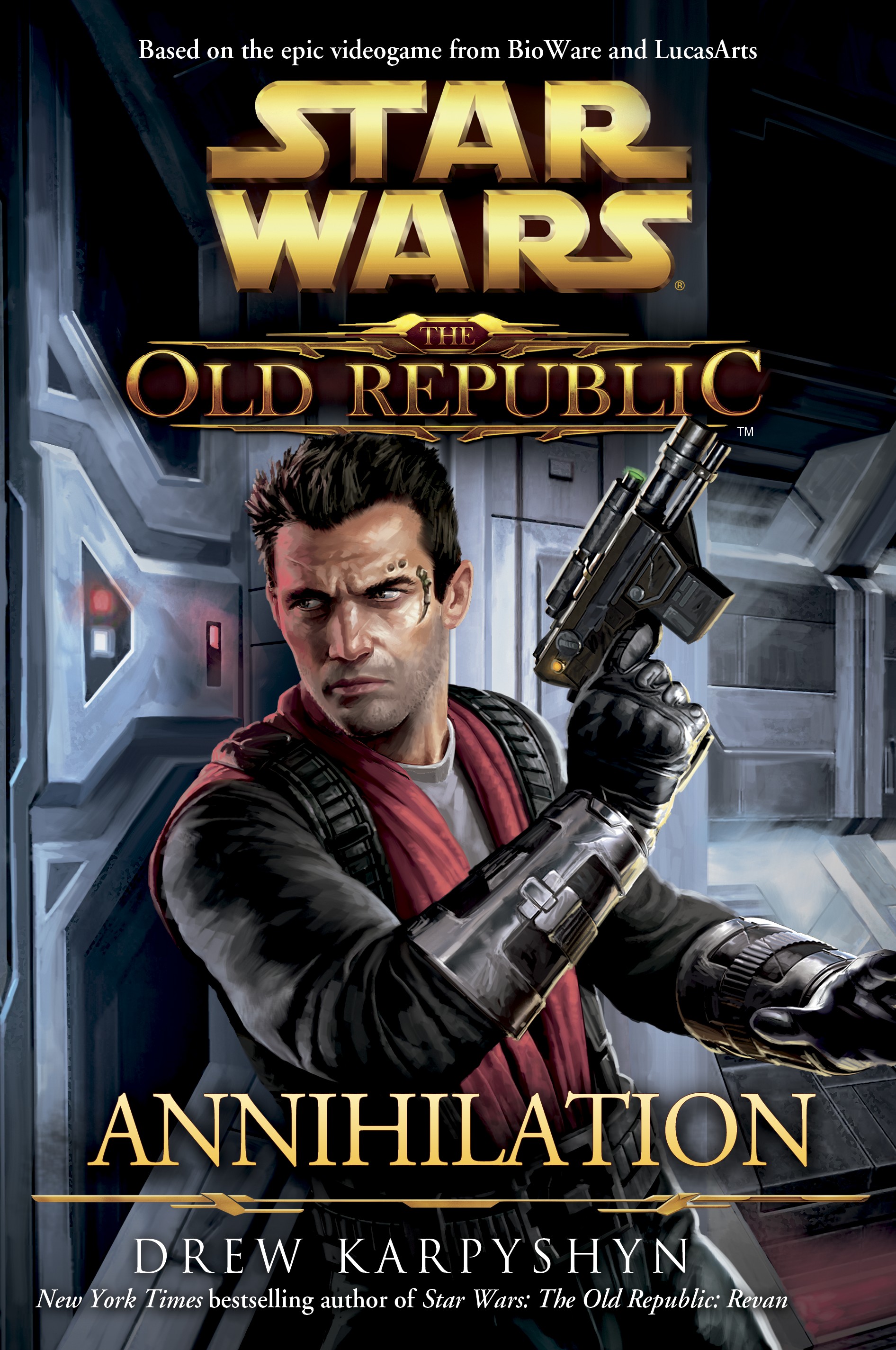
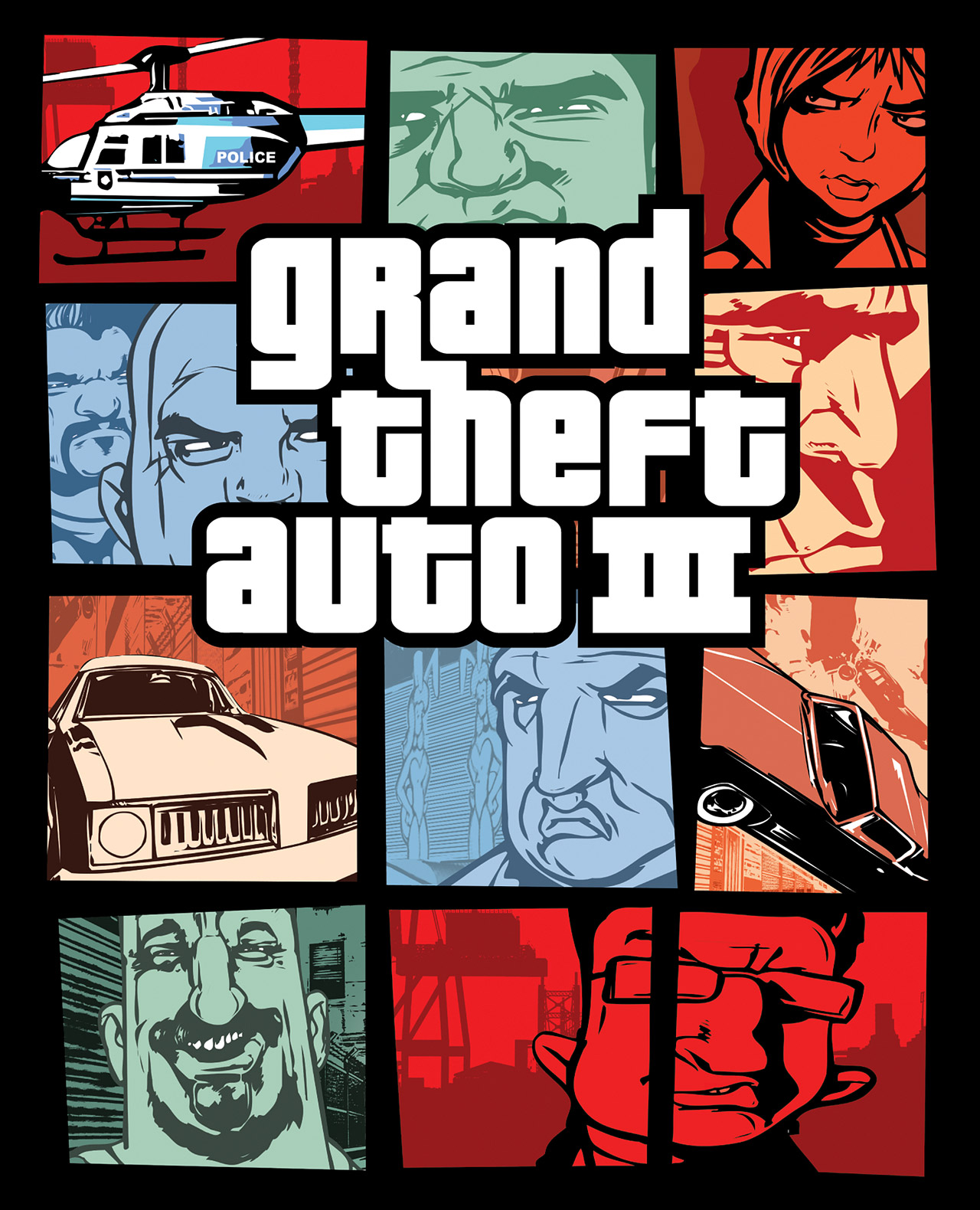

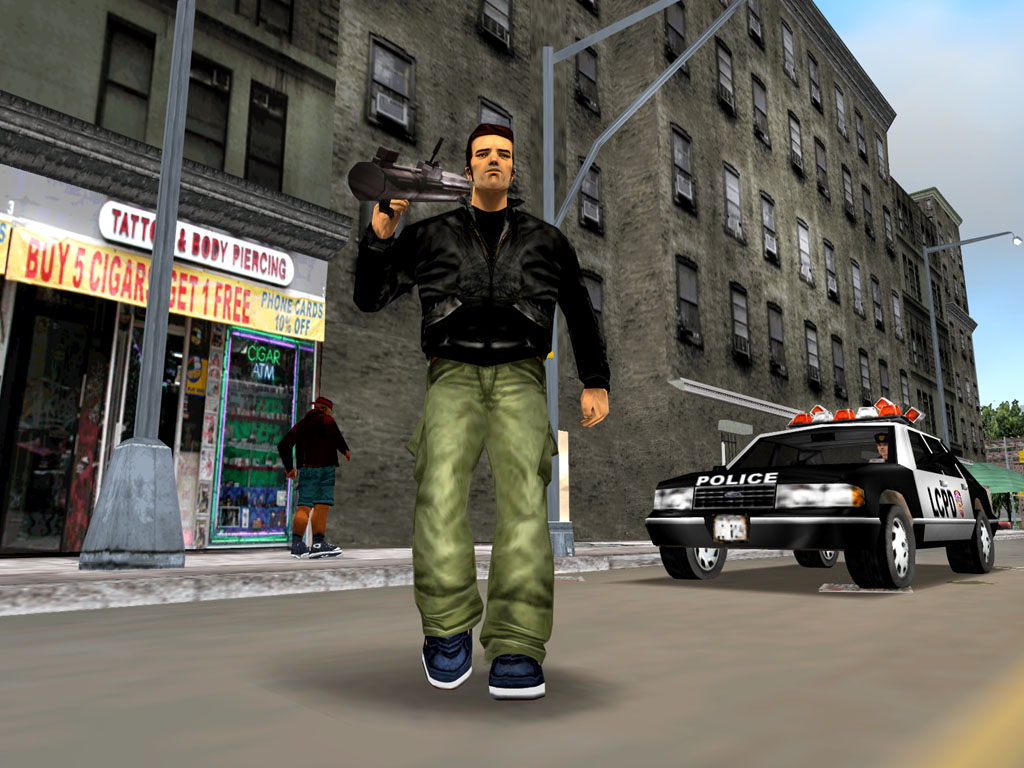
.jpg)












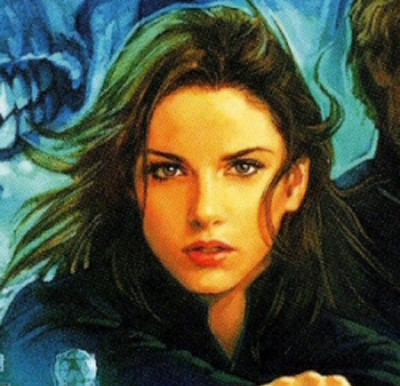
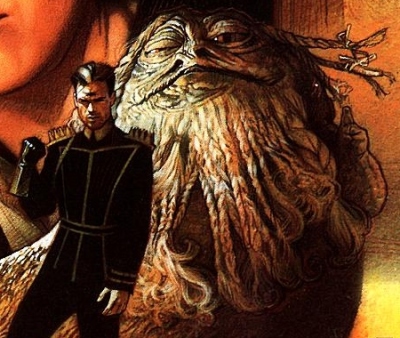
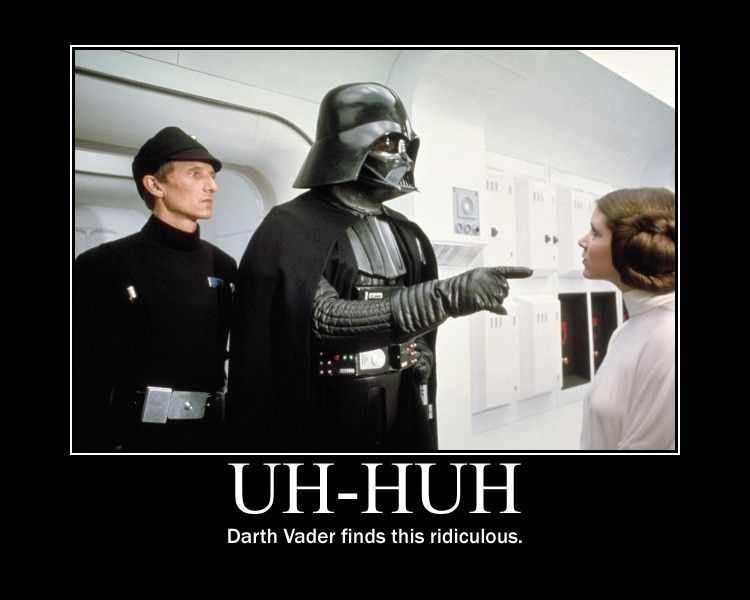


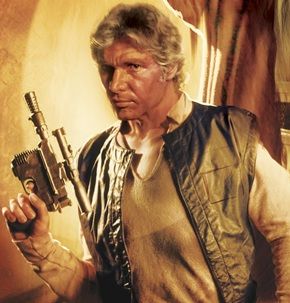









.jpg)



